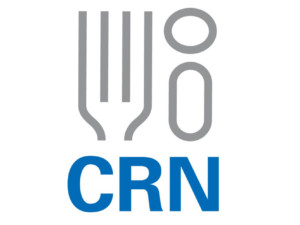
The Council for Responsible Nutrition (CRN) issued a statement in response to recent media reports showing some parents are administering high doses of vitamin A to their children in an attempt to prevent measles infection.
“Measles is a serious and highly contagious viral disease that can lead to severe health complications. Treatment and care for measles should always be conducted under the guidance of a qualified health care practitioner,” said Dr. Andrea Wong, senior vice president, scientific and regulatory affairs at CRN.
CRN emphasizes that vitamin A is an essential nutrient for vision, growth, reproduction and immune function, but it is not a substitute for vaccination. Despite its role in supporting immune health, research has not demonstrated its effectiveness in preventing measles.
CRN is concerned about reports of high-dose vitamin A being used “inappropriately” especially in children. Excessive intake of vitamin A may lead to adverse health effects, such as liver damage, headaches, dizziness, nausea and even death. These risks are exacerbated during pregnancy due to potential birth defects.
According to CRN, vitamin A can be administered therapeutically to people already infected with measles—particularly children with vitamin A deficiencies—where it has been shown to reduce severity and complications of the disease. However, this is designed as a short-term medical intervention, not a preventative measure, and should only be done by a qualified health care professional.
“Consumers must make informed decisions and consult qualified health professionals before giving supplements to children—especially in large doses,” Wong said. “Vitamin A is important for health, but more is not always better. Parents should rely on medically approved preventive measures, such as vaccination, to protect their children against measles.”




















